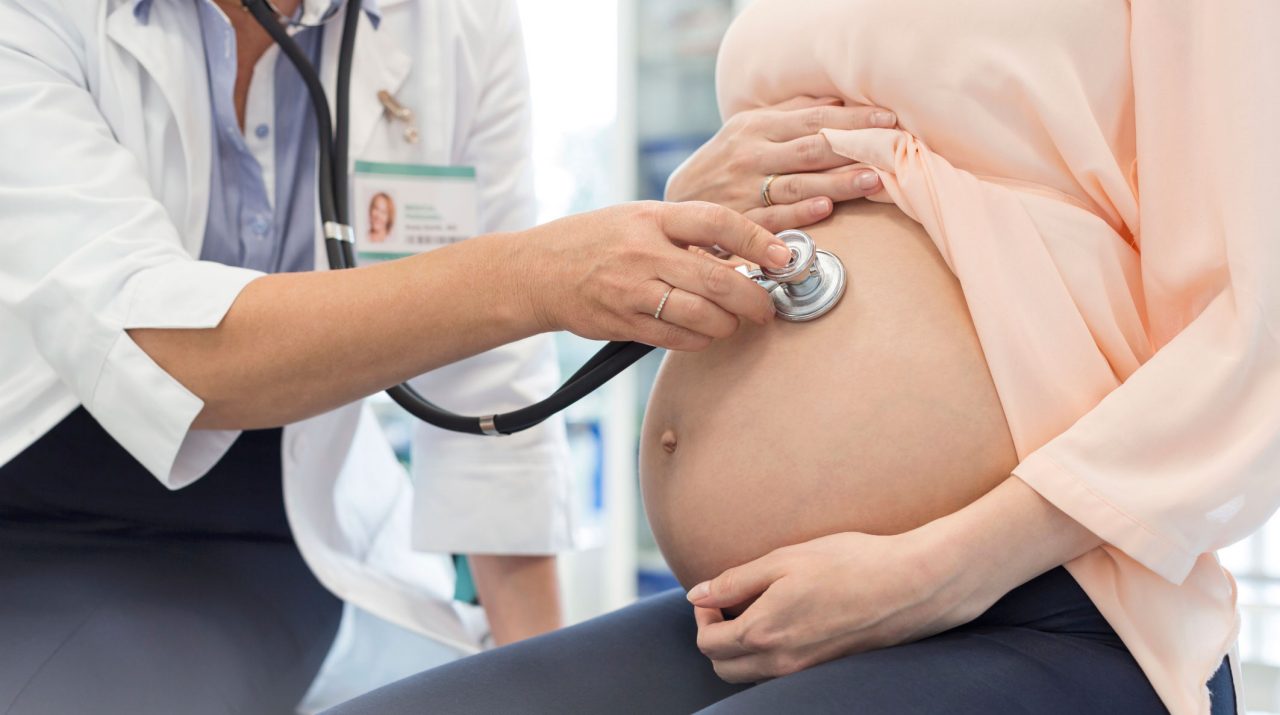How to Prevent Childhood Allergies in the Womb

Eating a diet rich in vitamin D during pregnancy could lower the odds your child will develop allergies.
Allergies can cause everything from sniffles to asthma attacks and even life-threatening anaphylactic shock. Allergic diseases, including allergic rhinitis (better known as hay fever), food allergies, allergy triggered asthma, and atopic dermatitis (eczema), are common in every age group in the U.S. – and that includes millions of children.
In all, about 10 percent of American kids under the age of 18 have hay fever, respiratory, and other allergies, and more than seven million youngsters suffer from asthma, according to the National Institute of Allergy and Infectious Diseases (NIAID). Moreover, a baby whose sibling or a parent has allergies are at risk for developing food allergies. Obviously, finding a way to prevent allergies from ever developing in the first place during childhood would be the best way to avoid allergy symptoms and potential health complications.
YOU MIGHT ALSO LIKE: What Pregnant Women Should Know about Zika
Icahn School of Medicine at Mount Sinai Hospital scientists think they’ve found a way to do just that for a substantial number of kids, at least when it comes to developing hay fever. The key is for pregnant women to eat a diet containing plenty of vitamin D.
The research team conducted a study of 1,248 U.S. moms and their offspring beginning in the first trimester of the women’s pregnancies and continuing until the research volunteers’ children were about seven years old. The researchers kept track of the vitamin D intake of the moms-to-be with a food frequency questionnaire, and they measured the levels of vitamin D in the women at multiple points during their pregnancy, too. They also measured the vitamin D in the children at birth and when the youngsters reached school age.
The results showed the kids in the study whose moms had consumed approximately 100 IUs of food-based vitamin D daily (the amount in an eight ounce serving of milk) during the first and second trimesters of their pregnancies were significantly less likely to develop hay fever. The odds of the youngsters who had been exposed to more vitamin D pre-birth developing allergic rhinitis dropped by around 20 percent by age seven.
However, the results don’t mean pregnant women should start popping vitamin D pills to prevent allergies in their babies. In fact, the Mount Sinai research showed taking vitamin D supplements didn’t reduce the risk of children developing hay fever at all.
Previous studies have shown vitamin D plays an important role in the immune system, and Mount Sinai pediatric allergist and researcher Supinda Bunyavanich, MD believes pregnant women should eat diets rich in foods containing vitamin D – including fish, eggs, dairy products, mushrooms, and cereals – because of the potential beneficial effects on their children.
“Expectant mothers have questions about what they should eat during pregnancy, and our study shows that it’s important to consider the source of nutrients in a mother’s diet,” Bunyavanich said. “This study may influence nutritional counseling and recommendations to expectant moms to include vitamin D-rich foods in their diets.”
Remember, if you are pregnant or planning on becoming pregnant, to always discuss your diet and any supplements or medications you take with your doctor.
For more information on nutrition during pregnancy, visit the National Institute of Diabetes and Digestive and Kidney Diseases’ Fit for Two-Tips for Pregnancy web page.
The NIAID offers extensive information on types of allergies, symptoms, and treatments.
YOU MIGHT ALSO LIKE: Don’t Be Fooled by these Pregnancy Myths
Updated:
April 07, 2020
Reviewed By:
Janet O’Dell, RN